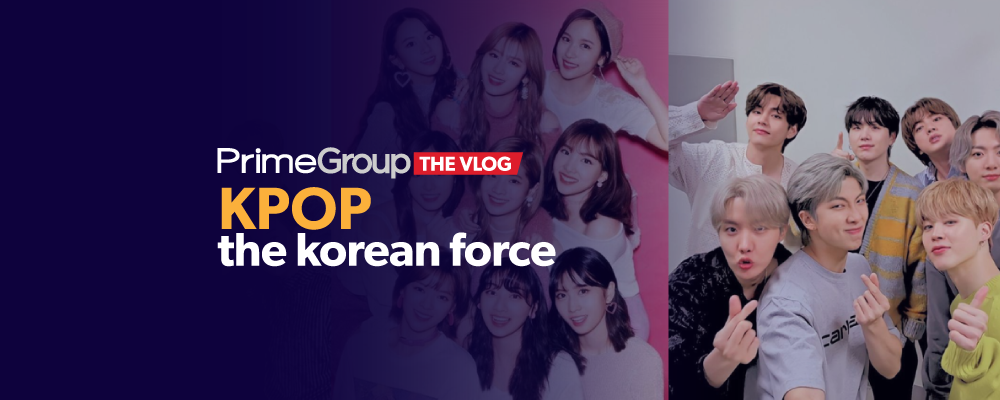If the term K-pop sounds familiar to you, you are probably part of the vibrant Ibero-American youth who are fans and passionate about Korean culture, especially its music. Today, I will not only talk to you about how K-pop has reinvented the music charts, but we will dive into the fascinating culture and intricate language of Korea that is so captivating the Hispanic world.
When we think of K-pop, images of synchronized choreographies and catchy choruses immediately come to mind. But have you ever stopped to think about the cultural impact that these acronyms are having on a global scale? Let’s see how Korea is also conquering the world of culture, in addition to having made so many advances in fields as different as electronics and automotive.
The music of groups like BTS, BLACKPINK and Super Junior is the new Esperanto, a universal language that is erasing borders and building bridges. It is a kind of Soft Power, a Soft Power, or Cultural Power that we used to associate with the trends that come from Hollywood or European cinema. Well, now the influences also come to us from South Korea, a country that has known how to export its cultural essence with astonishing mastery. The South Korean authorities have understood this perfectly. They are using K-pop as a tool of cultural diplomacy, establishing their presence in Latin America through cultural embassies, film festivals and prominent participation in international book fairs.
Did you know that in places as far away as the Ecuadorian Andes, K-pop is a living force that inspires from entrepreneurship to education? Thanks to social networks and also to television, many young people in the mountains of Ecuador, neighborhoods of Chilean cities or in Mexican housing estates watch Korean soap operas, and surrender to the musical rhythms of Korea. Sometimes the content is dubbed or subtitled, but sometimes it is not. It does not matter, the sonority and nuances of verbal expression in Korean conquers many young people who speak Spanish or Portuguese. Especially in Paraguay or Brazil, where there are thriving Korean communities.
And you might wonder, how is it possible that K-pop is leading millions to fall in love with the Korean language, if it is an incomprehensible language and very difficult to learn? Well, it is not just about memorizing song lyrics or expressions in soap operas, Korean is also present in a creative adventure of applications, games and social networks.
Let’s say that K-pop is just the tip of the iceberg. Behind every melody, there is a story, a set of traditions and a society that many are eager to understand and experience. The demand for Korean courses is booming in Latin America. Universities and language schools are rapidly expanding their programs to include not only the language but also the pop culture that we are so passionate about.
Before concluding, let’s talk about Korean, that language with a structure and sounds so different from our own. Korean does not have a common alphabet, it has Hangul: one of the most scientifically designed scripts that exist. It was created in the 15th century by King Sejong the Great so that even the most ordinary person could learn to read and write. What makes it so special? Its intuitive design. Each letter mimics the shape of your mouth when you pronounce it, meaning that just by watching how a word is written, you can get a feel for how it is pronounced.
Korean is built in blocks of syllables, each consisting of at least one consonant and one vowel. These blocks are grouped together to form words, and the way they are arranged is a reflection of the Korean philosophy of balance and harmony.
Pronunciation, on the other hand, can be challenging. There are sounds in Korean that don’t exist in English, and learning them can be a fascinating exercise in auditory acuity and linguistic flexibility. Each new sound we master expands our ability to perceive and produce new phonetic nuances.
Korean grammar shows a great divergence from English. It is an agglutinative language, meaning that words are modified with particles and suffixes to indicate their function in the sentence, unlike English, where word order is more important than inflection.
For example, in Korean, the relationship between subject, object and verb is flexible and the ending of the verb informs not only the tense, but also the aspect, mood and respect towards the interlocutor. This has a lot to do with the hierarchy and respect that are so fundamental in Korean culture.



